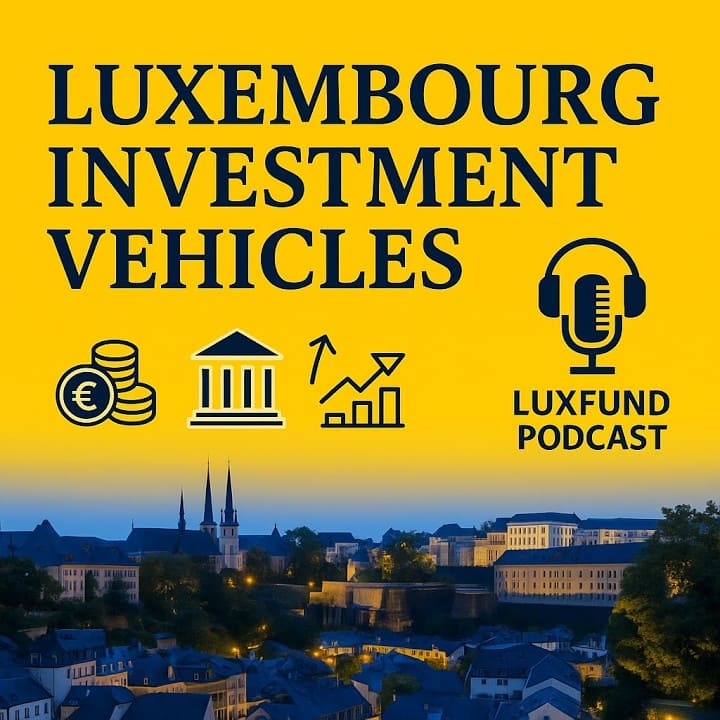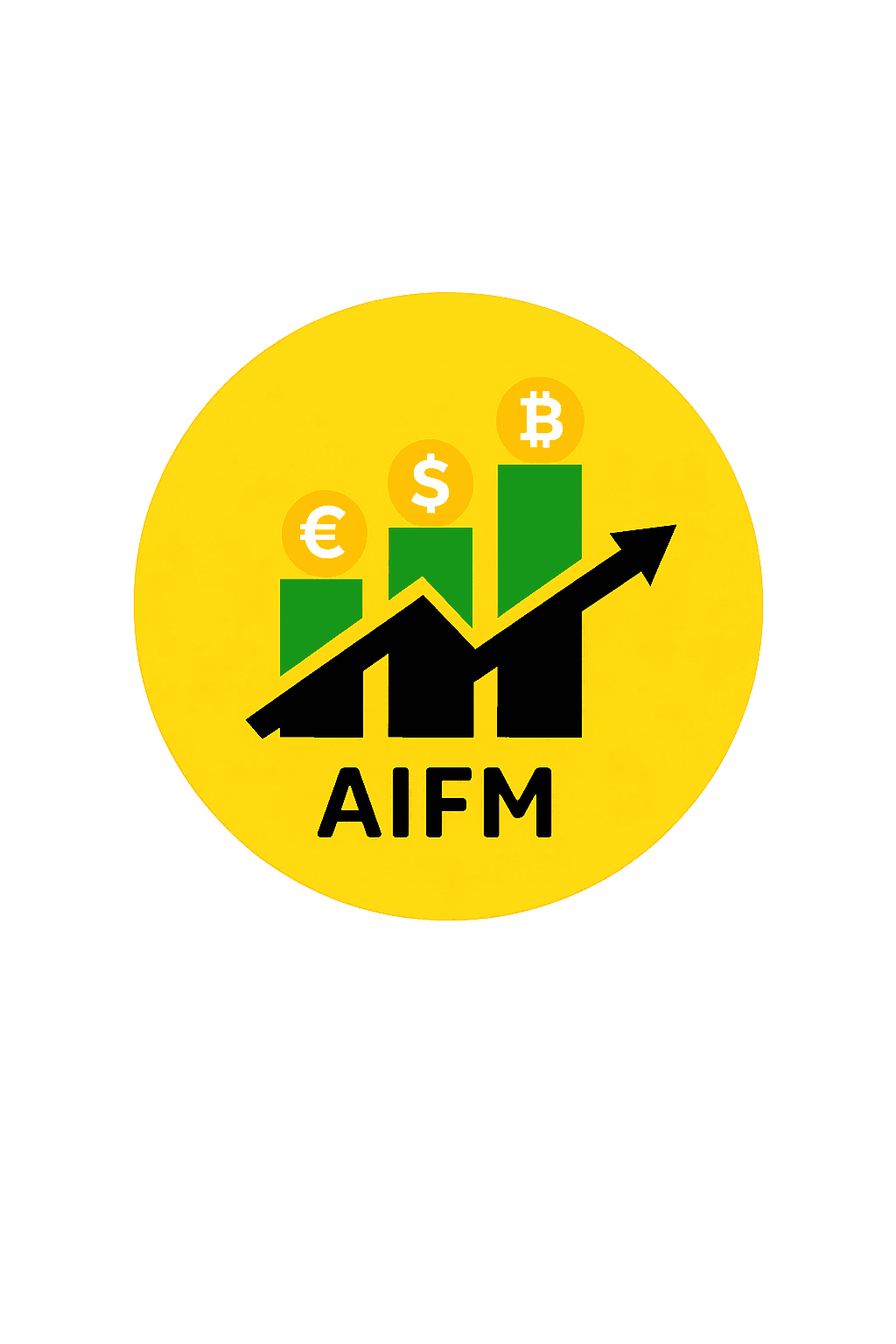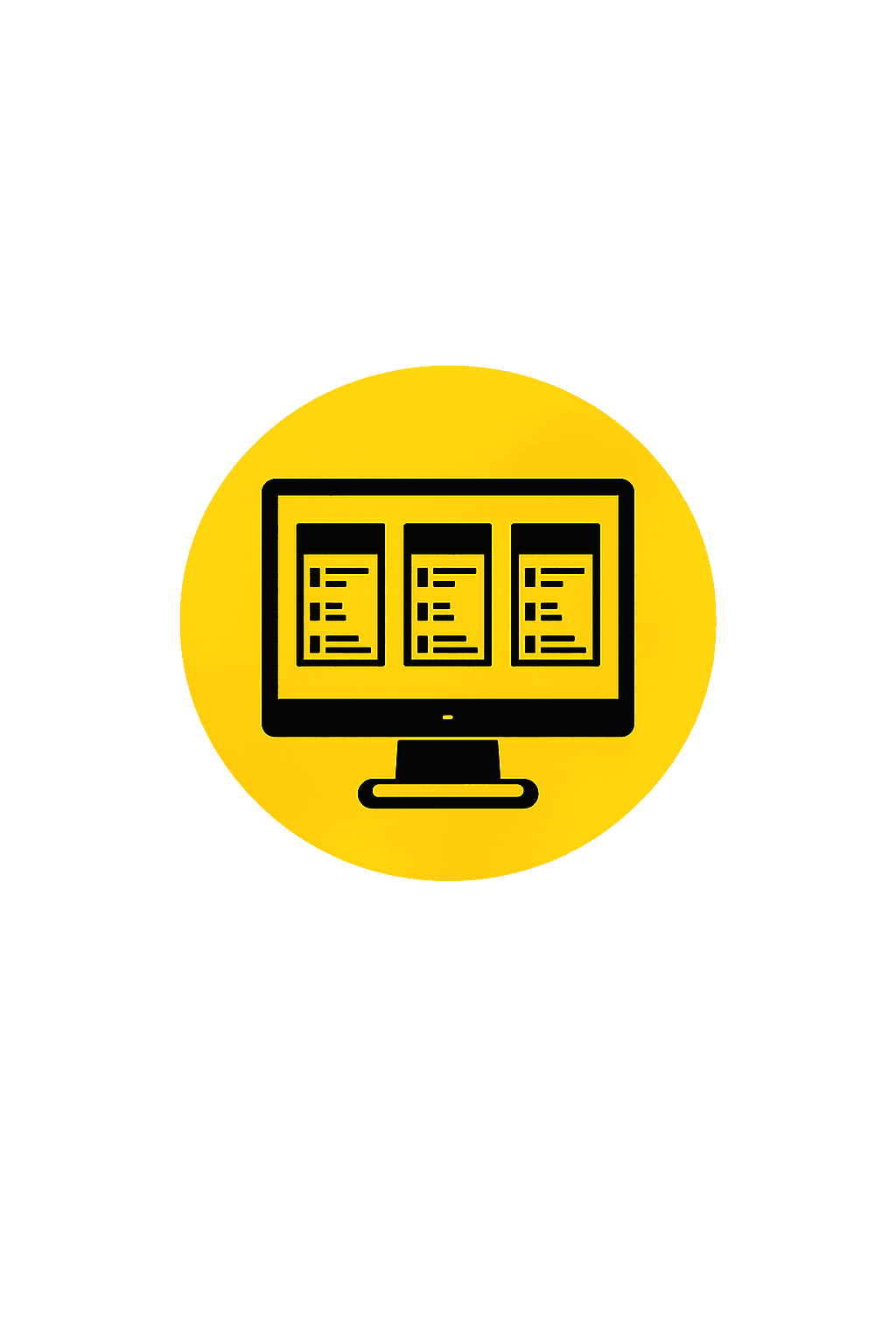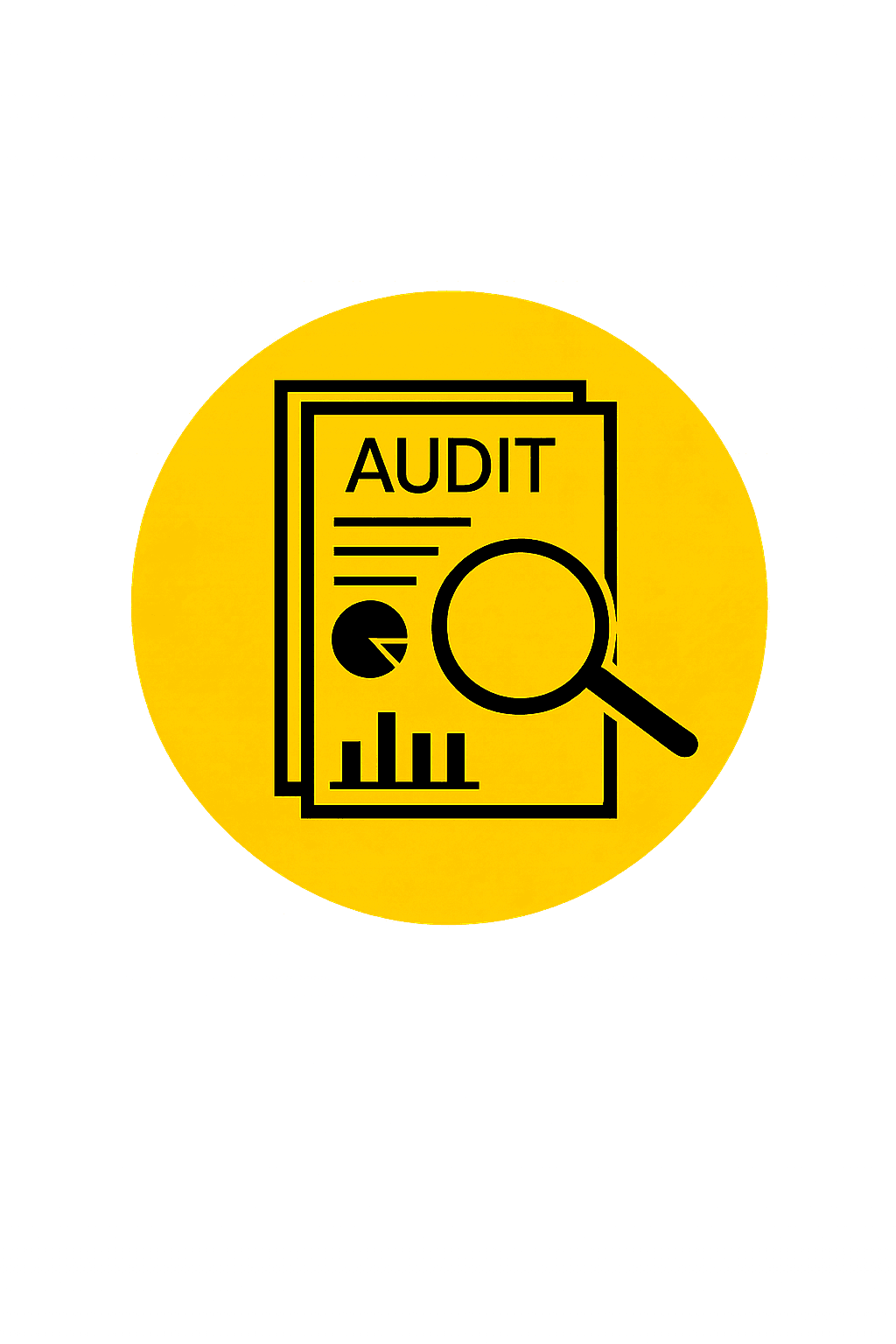What makes Hong Kong attractive for foreign entrepreneurs?
The city’s business formation process is straightforward. Foreign founders can establish a limited company with 100% foreign ownership and full repatriation of profits. English and Chinese are both official languages, simplifying legal and financial operations. The Top Talent Pass Scheme and other visa programs attract global professionals eager to join Hong Kong’s ecosystem.
How does Hong Kong connect startups with China’s Greater Bay Area?
The Greater Bay Area — which includes Hong Kong, Shenzhen, Guangzhou, and nine other cities — has over 86 million people and a GDP exceeding US$2 trillion. Through initiatives like Hong Kong Talent Engage (HKTE) and cross-border innovation programs, entrepreneurs gain access to advanced manufacturing in Shenzhen, financial services in Hong Kong, and research clusters in Guangzhou. This seamless network enables startups to test products, attract funding, and scale regionally.
Which industries are booming for startups?
Emerging sectors include artificial intelligence, biotech, fintech, climate tech, and advanced manufacturing. German entrepreneurs like Centinel Analytica and DeepSpect.ai have highlighted Hong Kong’s synergy between innovation, logistics, and market access. Local accelerators and investors increasingly support deep-tech and sustainability-driven businesses. The fintech sector alone contributes over 20% to Hong Kong’s startup ecosystem value.
How supportive is Hong Kong’s startup infrastructure?
The Hong Kong Science and Technology Parks and Cyberport provide funding, office space, and connections to global investors. These innovation zones host thousands of companies across AI, robotics, and medtech. Government-backed funding schemes, such as the Innovation and Technology Venture Fund (ITVF), co-invest with private investors to accelerate growth. Startup founders benefit from workshops, mentorship, and incubators with direct access to mainland markets.
What are the main business districts for startups in Hong Kong?
Central remains the financial heart, home to venture capital firms, banks, and law offices. Kowloon East is emerging as an innovation corridor, while Science Park and Cyberport house R&D-driven startups. Causeway Bay and Quarry Bay attract international firms with flexible coworking spaces. These neighborhoods connect through world-class transport, ensuring seamless business movement.
How do investors view Hong Kong’s startup scene?
Investors appreciate Hong Kong’s stable legal system, capital mobility, and advanced banking network. Family offices, venture funds, and private equity players see Hong Kong as a safe base for Asia-Pacific expansion. With direct flight connections to 180 cities, global networking and fundraising become natural extensions of a company’s growth strategy.
Is there real estate potential for business developers?
Yes. Office leasing demand from tech startups has driven growth in Grade A buildings across Kowloon East and Quarry Bay. Meanwhile, industrial-to-office conversions in Kwai Chung and Tsuen Wan attract developers seeking flexible spaces. The government continues to release land for commercial innovation zones, making Hong Kong a target market for real estate investors aligned with innovation and sustainability goals.
What is life like for entrepreneurs in Hong Kong?
Beyond business, Hong Kong offers a high-quality lifestyle. Entrepreneurs enjoy world-class dining, efficient public transport, and proximity to nature. With fast digital connectivity, low crime, and cosmopolitan culture, the city provides an ideal environment for ambitious founders and international families alike.
What are the steps to set up a startup in Hong Kong?
- Choose your legal structure (private limited company recommended)
- Register with the Companies Registry
- Open a corporate bank account
- Obtain business licenses (if applicable)
- Set up accounting and audit systems
- Apply for relevant visas under the Top Talent Pass Scheme
How does Hong Kong’s tax system favor startups?
Profits tax is capped at 16.5% for corporations and 15% for unincorporated businesses. Offshore profits are tax-exempt, and there’s no VAT, no capital gains tax, and no withholding tax on dividends. These advantages make Hong Kong one of the most business-friendly jurisdictions globally.
What trends shape Hong Kong’s innovation future?
Government initiatives focus on AI, green finance, and biotechnology. By 2030, the city aims to double its R&D expenditure to 2% of GDP. With new ties to Qianhai and Shenzhen, collaboration between research institutions and private ventures is stronger than ever.
Can European startups thrive in Hong Kong?
Yes. The presence of German, French, and Nordic accelerators demonstrates growing European interest. Entrepreneurs benefit from bilingual support, open markets, and talent pipelines from local universities. Hong Kong’s proximity to China’s manufacturing powerhouse enables real product testing and quick-to-market deployment.
Hong Kong is not just a city — it’s a launchpad for global ambition. For startups ready to connect East and West, its ecosystem provides funding, talent, and gateway access unmatched in Asia. Partner with Damalion to navigate your company setup, banking, or fund structure efficiently in Hong Kong and beyond.
Frequently Asked Questions (FAQ)
- 1. Why choose Hong Kong for your startup? Because it’s a global financial hub with low taxes, funding access, and proximity to China.
- 2. Can foreigners own 100% of a company? Yes, full foreign ownership is permitted.
- 3. What’s the minimum capital for registration? As low as HKD 1.
- 4. How long does incorporation take? Typically 2–3 business days.
- 5. Are there startup grants available? Yes, via Cyberport, HKSTP, and ITVF programs.
- 6. What industries are prioritized? AI, fintech, biotech, and green tech.
- 7. Can startups access China easily? Yes, through the Greater Bay Area integration framework.
- 8. Is Hong Kong expensive to live in? It’s premium-priced but offers world-class infrastructure and safety.
- 9. How does Hong Kong support innovation? Through tax breaks, R&D subsidies, and incubator programs.
- 10. What’s the corporate tax rate? 16.5% for corporations.
- 11. Do startups need a local director? Not mandatory, but a local company secretary is required.
- 12. Is English used in legal documents? Yes, English and Chinese are both official.
- 13. Are there family office opportunities? Yes, many family offices use Hong Kong as their Asia base.
- 14. What’s the startup visa option? The Top Talent Pass Scheme and General Employment Policy.
- 15. Can Damalion assist with setup? Absolutely. Contact Damalion for full support.
10 Best Things to Do in Hong Kong During a 24-Hour Business Trip
- Sky100 Observation Deck – panoramic skyline views from the International Commerce Centre.
- Tsim Sha Tsui Promenade – walk the Avenue of Stars by Victoria Harbour.
- Star Ferry – enjoy a quick, scenic ride across the harbour.
- Victoria Peak – breathtaking view of Hong Kong Island.
- IFC Mall – premium shopping and dining between meetings.
- Central Market – vibrant food and art hub.
- Hong Kong Federation of Youth Groups – network with young innovators.
- Science Park – explore tech clusters and meet founders.
- Cyberport – visit digital startups and venture capital offices.
- Lan Kwai Fong – unwind in the city’s most famous nightlife area.





























